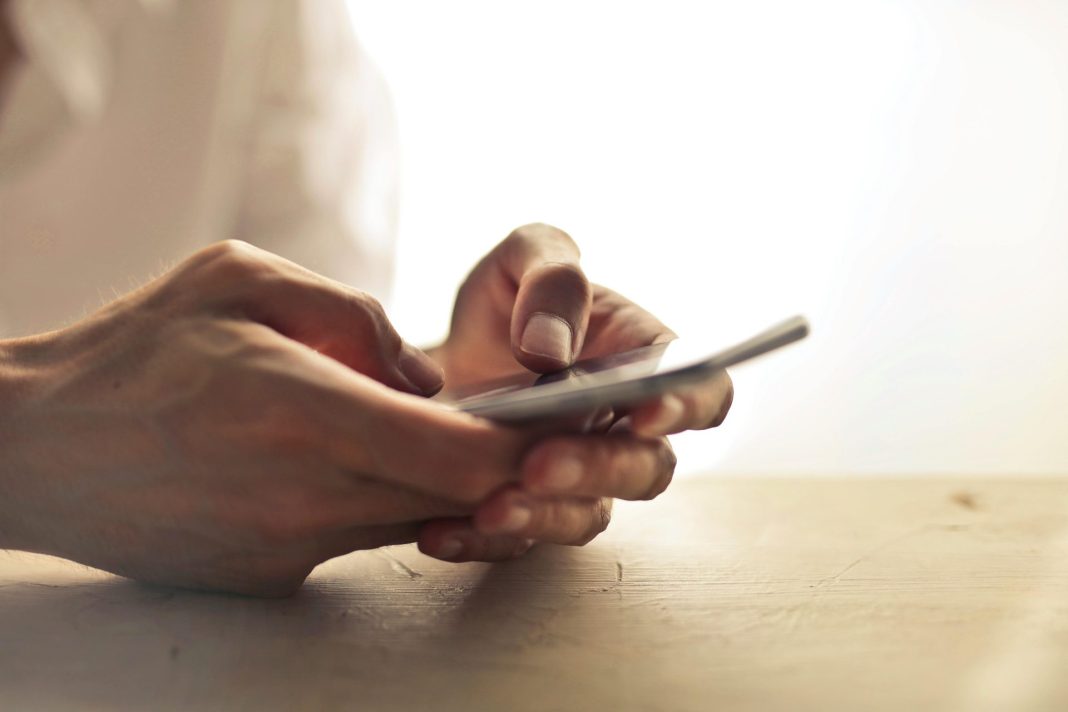1. Change your environment: we are what surrounds us. When my five-year old phone broke down, I bought a smaller one, partly because I love being able to fit my phone in my pocket, but, above all, because the smaller the screen, the less I was drawn to it. Long scrolling sessions are noticeably less comfortable.
2. Assign specific tasks to each device: my Kindle for reading; my phone for calls, messages, and music; my tablet for notes and drawings; and my laptop for professional use and casual browsing. My phone has only a few messaging apps, along with news apps. My iPad is devoid of social media apps, and my laptop takes on any remaining functions, including Netflix and shopping.
3. Withdraw slowly: Six years ago, I deleted my TikTok account. It was hard at first, going from being the cool girl at school who knew every dance trend, to an outdated, boring kid with nothing to scroll. But now, I’m practically indifferent to it. My friends have grown accustomed to me knowing nothing about the latest trends, so they’ve stopped bringing it up, and my life continued. Facebook was challenging because it’s the primary social media platform in Vietnam, where people share life updates, run businesses, and post news. I compromised by using it solely on my laptop, where there was considerably less temptation to scroll.
4. Balance is key: I struggled to leave YouTube because I enjoyed the music, lifestyle content, and, most of all, comedy skits. But it was a slippery slope; I’ve often been tempted to sneak in a YouTube short while listening to music. The problem is that, with the abundance of short-form content, we’ve lost patience for more enriching media – like books, newspapers, and longer videos. To counteract this, I started to rebuild my relationship with longer content. I began by assigning myself two or three articles per day, and scrolling on Substack became the target of my eager thumbs. A year or so later, I can read a book in one go, or multiple articles in a day without losing focus.
Now, I have very little interest in short-form media, apart from comedy skits. But the best part is that I feel good. At first, I feared that breaking up with social media would render me so out of touch that I’d struggle to discuss anything with my friends. But eventually, I got used to it, and so did my friends. They stopped asking me about Internet trends, and this opened up more interesting conversations – I can confidently say that there is life after excessive social media. As with any change, you just have to begin with small changes – literally – get a smaller phone. But maybe for you, it starts with asking: “What do I miss when I’m offline, and what do I not miss at all?”


